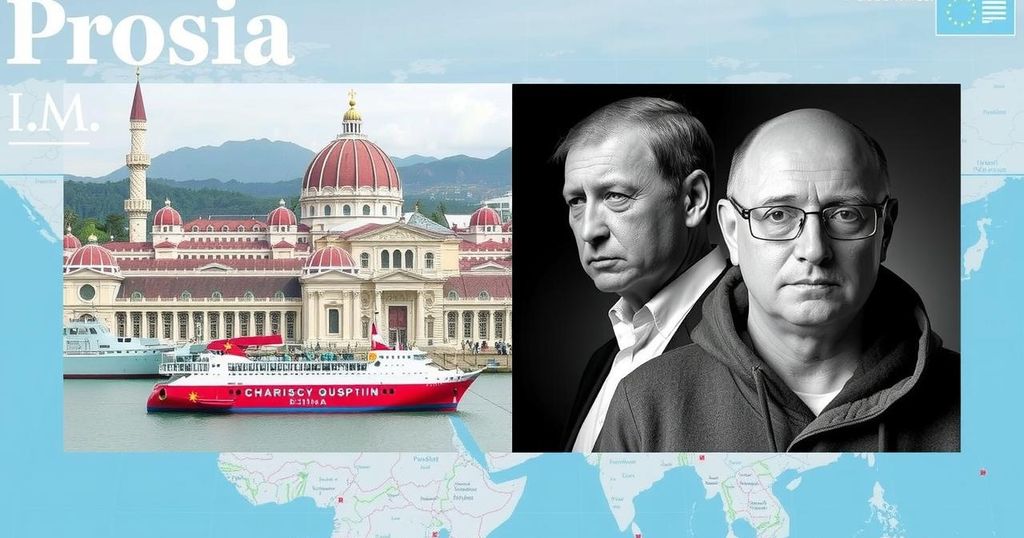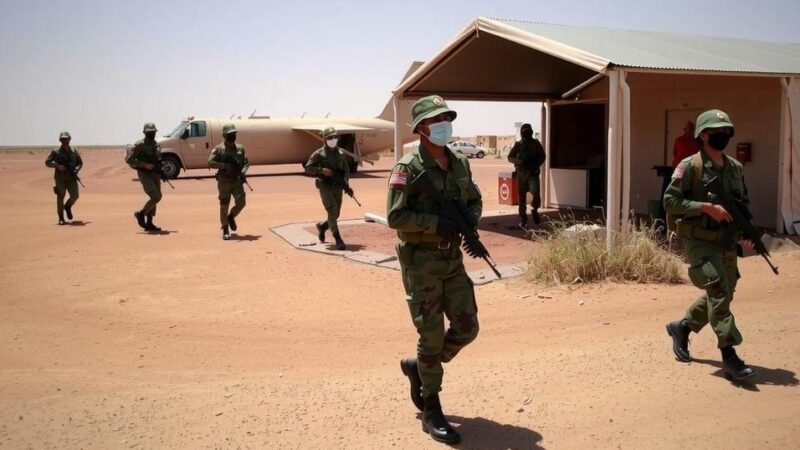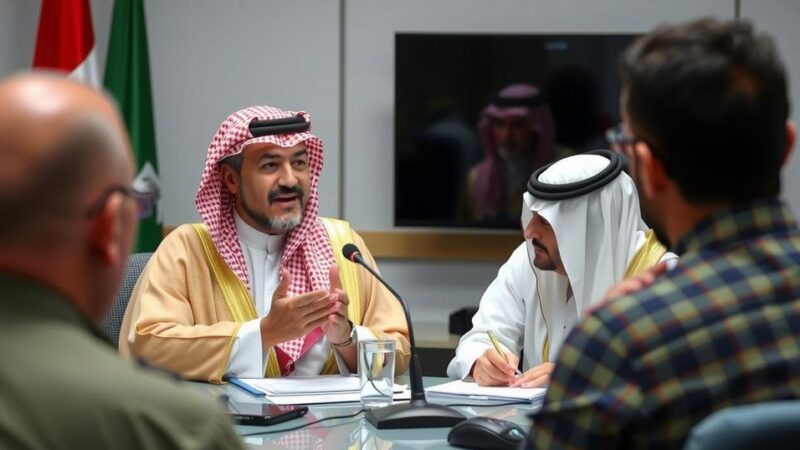This article outlines significant geopolitical developments, including Iran’s economic crisis marked by the rial’s decline, China’s expansion of visa-free travel to stimulate tourism, South Africa’s closure of informal grocery stores due to health concerns, and Russia’s arrest of a suspect linked to the assassination of a general, revealing the complexities of current international affairs.
The geopolitical landscape of the Middle East is currently experiencing significant turmoil, with Iran facing multiple crises. The Iranian rial has plummeted to an all-time low of 777,000 against the US dollar due to a series of regional setbacks, including the deterioration of its alliance with Hezbollah and civil disruptions caused by an energy crisis. Meanwhile, in efforts to enhance its tourism sector, China has expanded its visa-free travel policy to ten days for nationals from 50 countries, including the United States. As a result, international tourist arrivals to China surged by 86% in the first 11 months of the year compared to the previous year, reflecting a renewed interest in the country post-pandemic.
In South Africa, the government has taken decisive action by shutting down 1,041 informal grocery stores, commonly referred to as “spaza shops,” following a tragic outbreak of food poisoning linked to pesticide contamination. This measure seeks to protect public health after a series of fatalities among children consuming tainted products. Additionally, Russia has made headlines with the arrest of a suspect believed to be involved in the assassination of Lieutenant General Igor Kirillov, reportedly orchestrated by Ukraine for a sum of $100,000. Kirillov, accused of overseeing the deployment of chemical weapons in Ukraine, was targeted with a device concealed in a scooter in Moscow, raising serious questions about the escalating conflict between Ukraine and Russia.
Over recent months, Iran has been grappling with a multitude of crises, both domestically and in its foreign relations, severely affecting its economy. The depreciation of the rial not only reflects the country’s current financial woes but also the broader implications for its political stability. On the other hand, China is actively working to revitalize its tourism industry, an essential economic component impacted by prior global restrictions. The closure of informal grocery shops in South Africa illustrates the ongoing public health challenges in the region, particularly concerning food safety standards. Russia’s recent developments in the apprehension of a suspect in a high-profile assassination add further complexity to the geopolitical situation, emphasizing the severity of international tensions linked to the ongoing conflict with Ukraine.
In summary, the intricacies of global politics are vividly illustrated through the recent developments involving Iran’s economic struggle, China’s tourism boost, South Africa’s public health interventions, and Russia’s intricate security issues related to the conflict in Ukraine. Each of these scenarios highlights the interconnectedness of local actions with broader international ramifications, underscoring the need for vigilant observance of these evolving situations.
Original Source: www.gzeromedia.com







